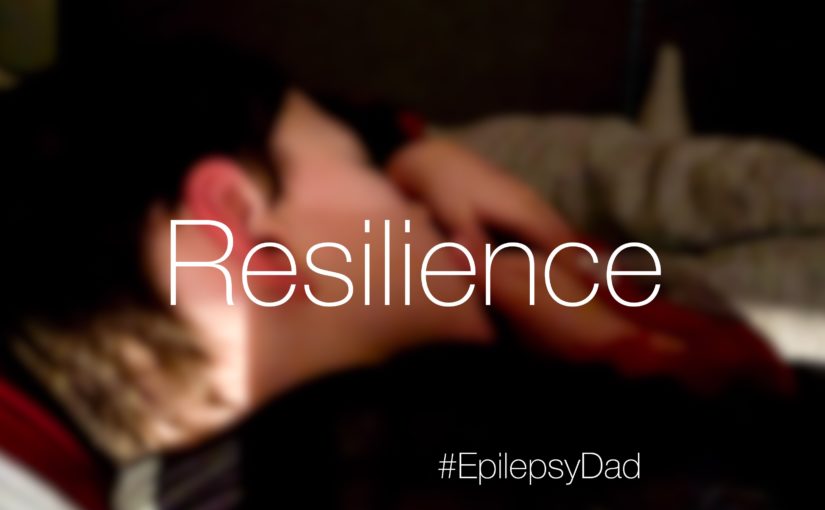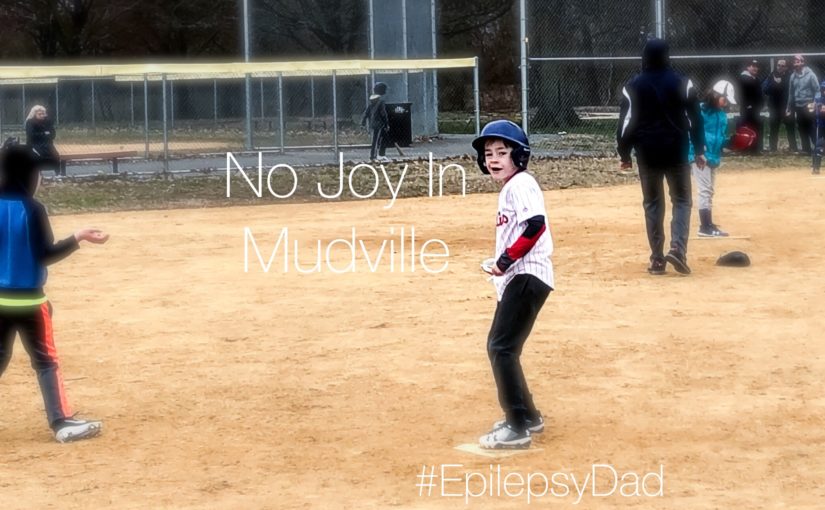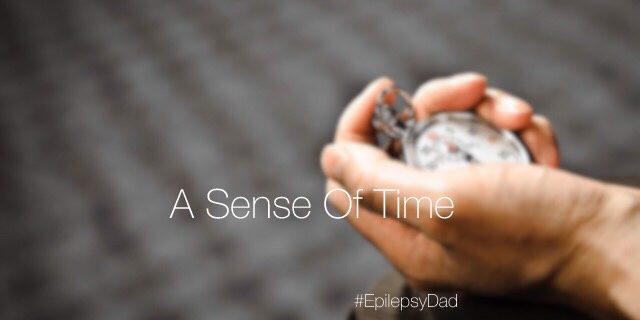Spring is here, and in our house, that means baseball. My son loves to play baseball. I always thought we would be a hockey family, but playing hockey wasn’t in the cards for him. The nature and flow of baseball, however, made it the perfect game for where my son is physically and cognitively.
We’ve been lucky in the last few years with coaches, too. They let him play. They encourage him. They teach him. They make him feel like a part of the team. And they keep the game fun.
I, on the other hand, feel like I’m doing everything that I can to suck the joy out of this game that he loves.
One day last week, I took him to practice. His practices are in the evening, which makes it harder for him to concentrate, especially after a long day and school. That day, he also had a nap shortened by a seizure, and he’s been having more seizures at night. It was not ideal, but it also wasn’t new.
He usually pulls it together for the hour, but he was a little off that night. He was having a hard time listening, and I could see that he was having a hard time physically. His muscle memory was failing him. Actions and movements that were generally automatic for him were labored or forgotten.
I got extremely frustrated. Not really at him, but for him. I was mad at epilepsy. I was jealous of the other kids and parents who just show up and don’t have these struggles. But all that frustration comes out channeled at my son. “I’m sorry,” he’d say, as I huffed as I turned to retrieve another wildly thrown ball. “I’m sorry,” he’d say, as I asked him to stop diving into the muddy ground. “I’m sorry,” he’d say, as I explained to him why a ball got passed him.
During the scrimmage, the coaches were figuring out who should pitch next and my son went up and said that he would. At first, the coaches were reluctant, but then one challenged him and said, “If you can throw me three strikes, you can pitch.” My son stepped to the mound and threw only three pitches to the coach. All strikes.
When he faced his first batter, I could see my son go into his head and play as he does in his room. He pretended that the catcher is signaling pitches and shook them off. He tossed the ball in the air like they do in the movies. And then he threw a pitch nowhere near the plate.
From the sideline, I yelled at him, but he wasn’t listening. In between batters, I walked up to him and tried to help him focus. “I’m sorry,” he said. He managed to get some pitches over the plate but walked the first two batters. The third batter crushed the ball but it was caught and thrown back to first base for a double play. Two outs.
They let my son continue to pitch. He was so excited, in spite of my yelling. In spite of my frustration. He walked one more batter but then struck out the next batter to end the inning.
That night, I was sad and embarrassed. I made a big deal out of how well my son did, but inside I’m feeling the shame of blanketing practice with the sound of my voice yelling at my son. But it didn’t feel like an isolated incident. I think it helped explain why my son apologizes so much.
Before he drifts off to sleep, I tell my son that I can’t imagine baseball is very fun for him with me yelling at him all the time. I told him I’d do better. And I will. My son finds joy in a lot of things, but baseball holds a special place in his heart. I would hate to take that away from him.


